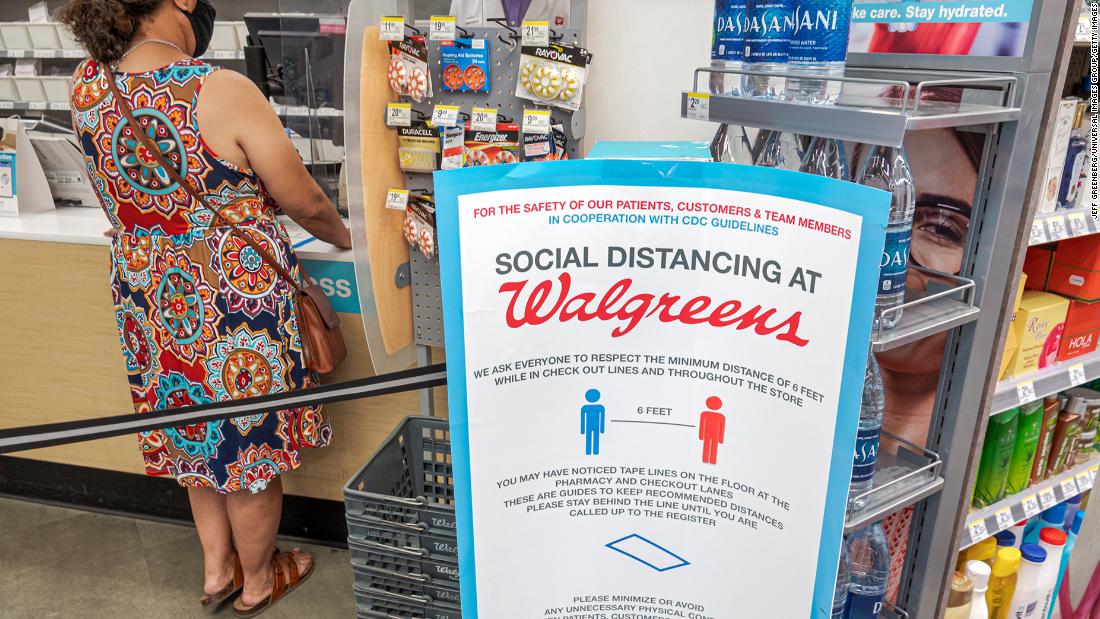Just read this article and I thought immediately that these retail clinics are going to be staffed primarily by mid-levels. Where do physicians fit in (outside of signing off on the charts)?

 www.cnn.com
www.cnn.com
Walmart is going to start opening clinics as well.
How do you guys feel this impacts the field of primary care?
(I'm just a lowly non-trad who's trying to see if I should jump ship. As a future DO student primary care is calling my name)

Welcome to Walgreens. The doctor will be with you soon
Walgreens plans to open full-service doctors' offices in hundreds of its stores across the US during the next five years.
Walmart is going to start opening clinics as well.
How do you guys feel this impacts the field of primary care?
(I'm just a lowly non-trad who's trying to see if I should jump ship. As a future DO student primary care is calling my name)

